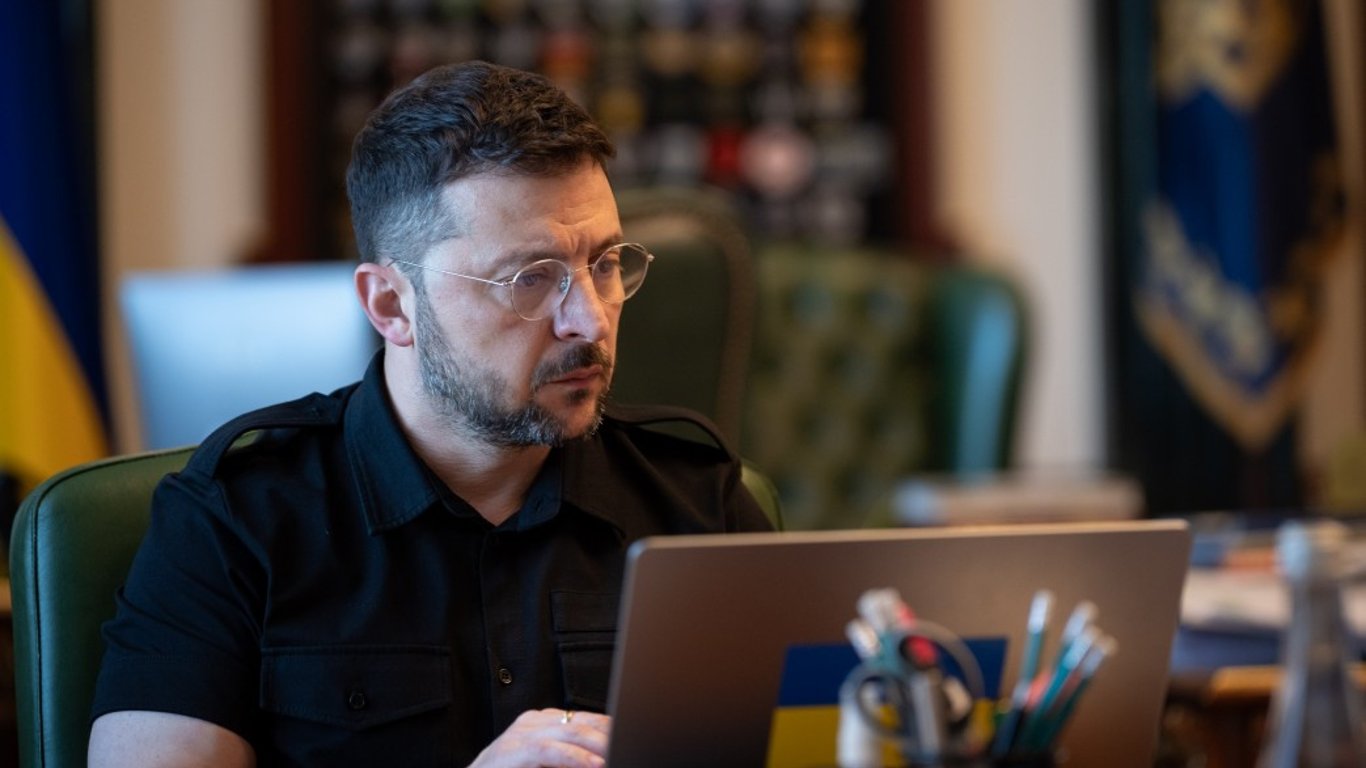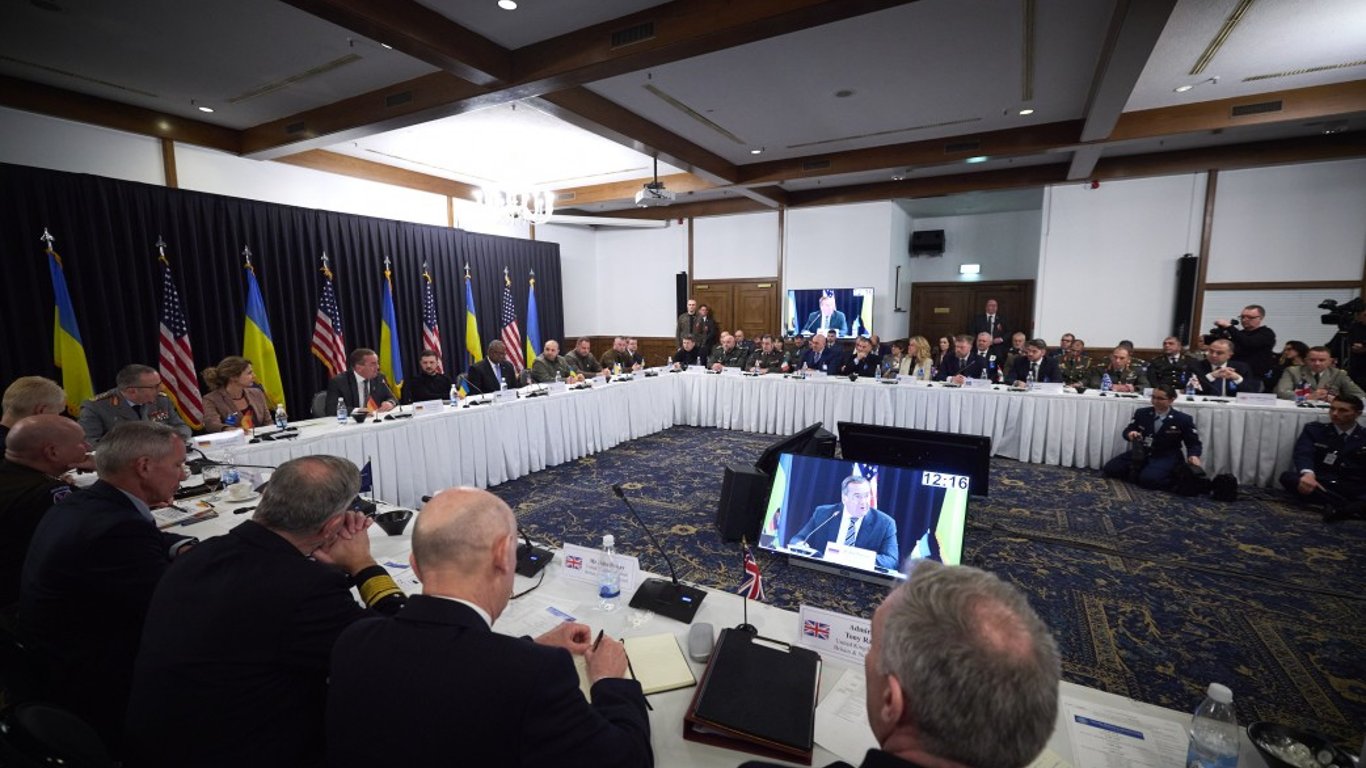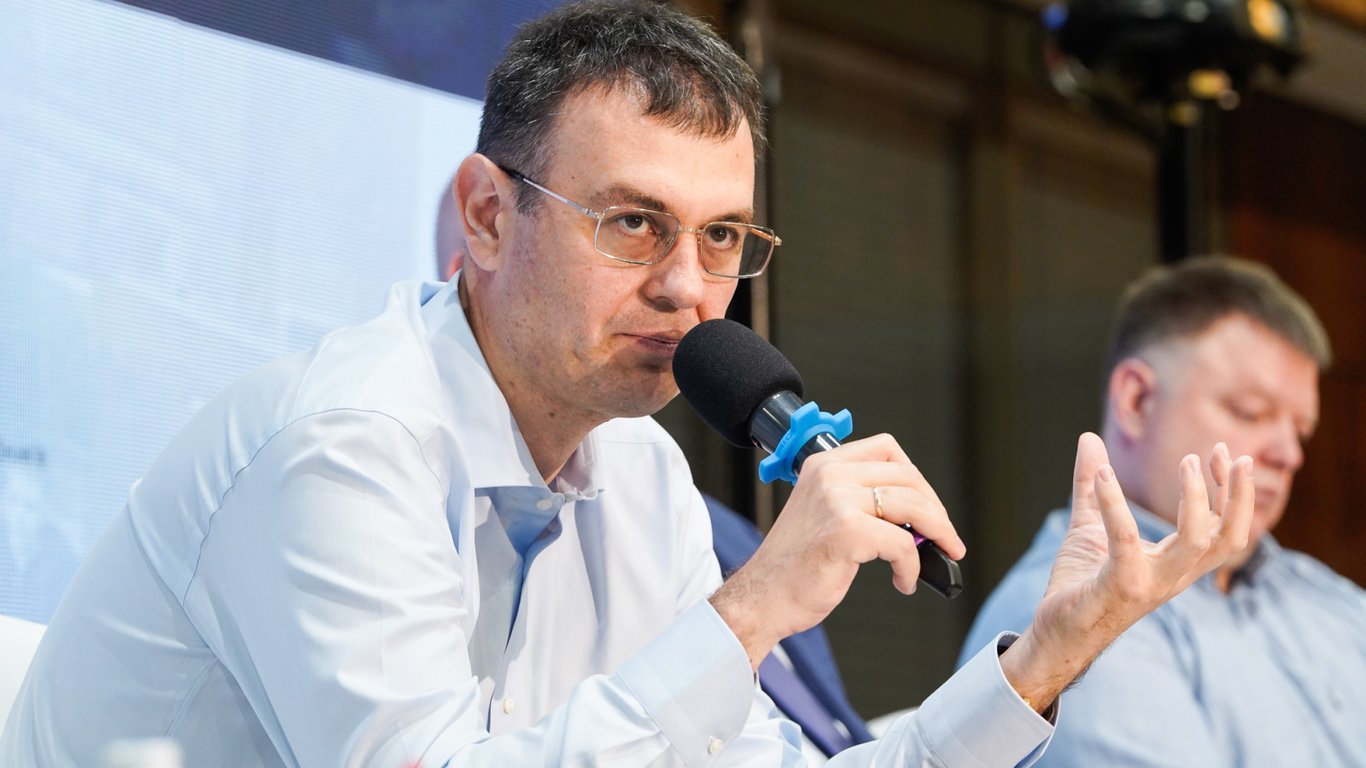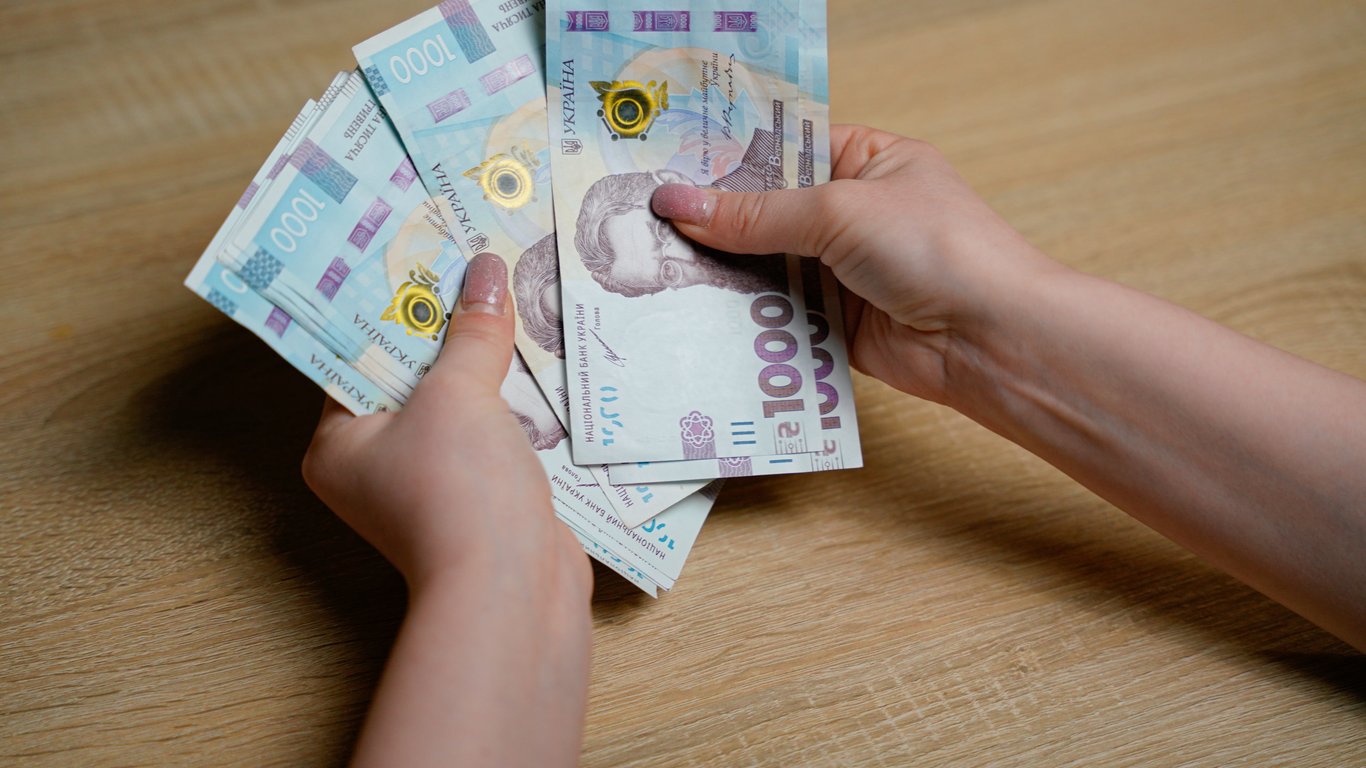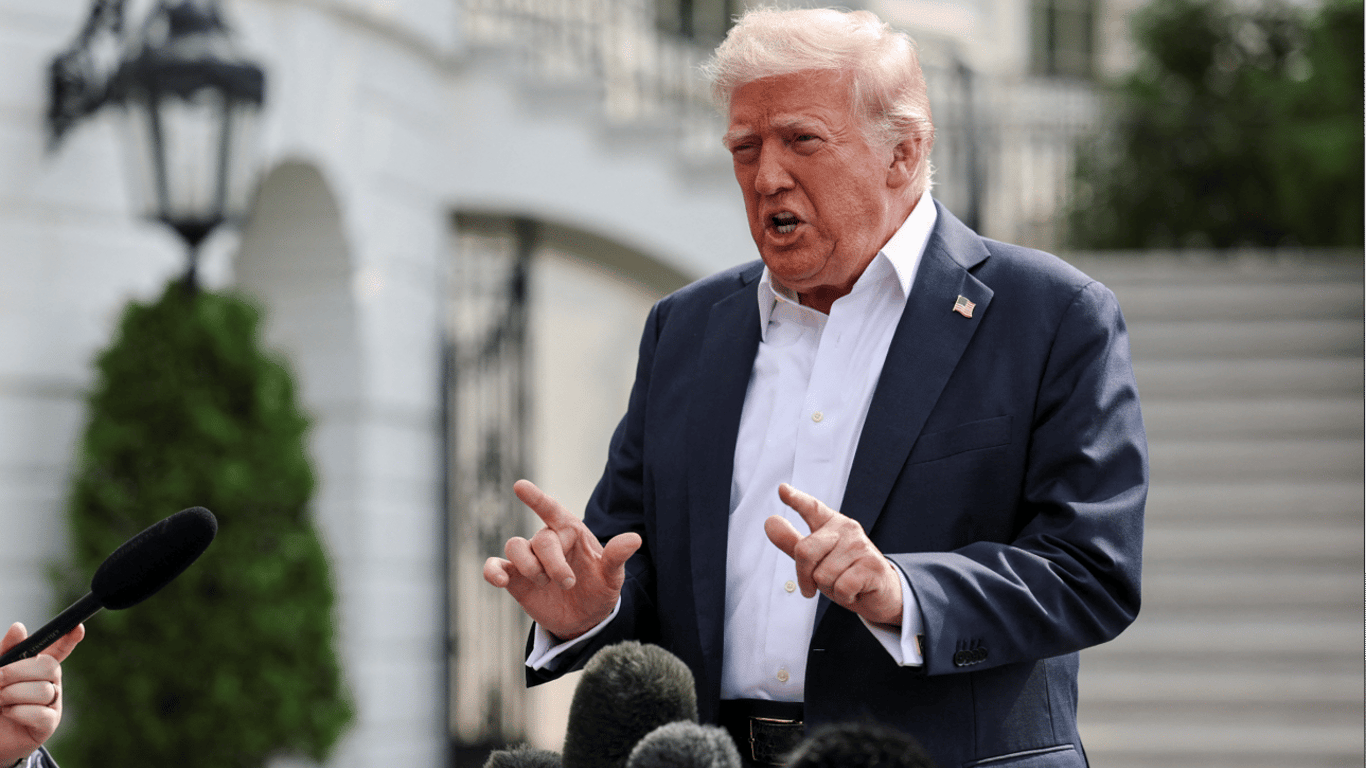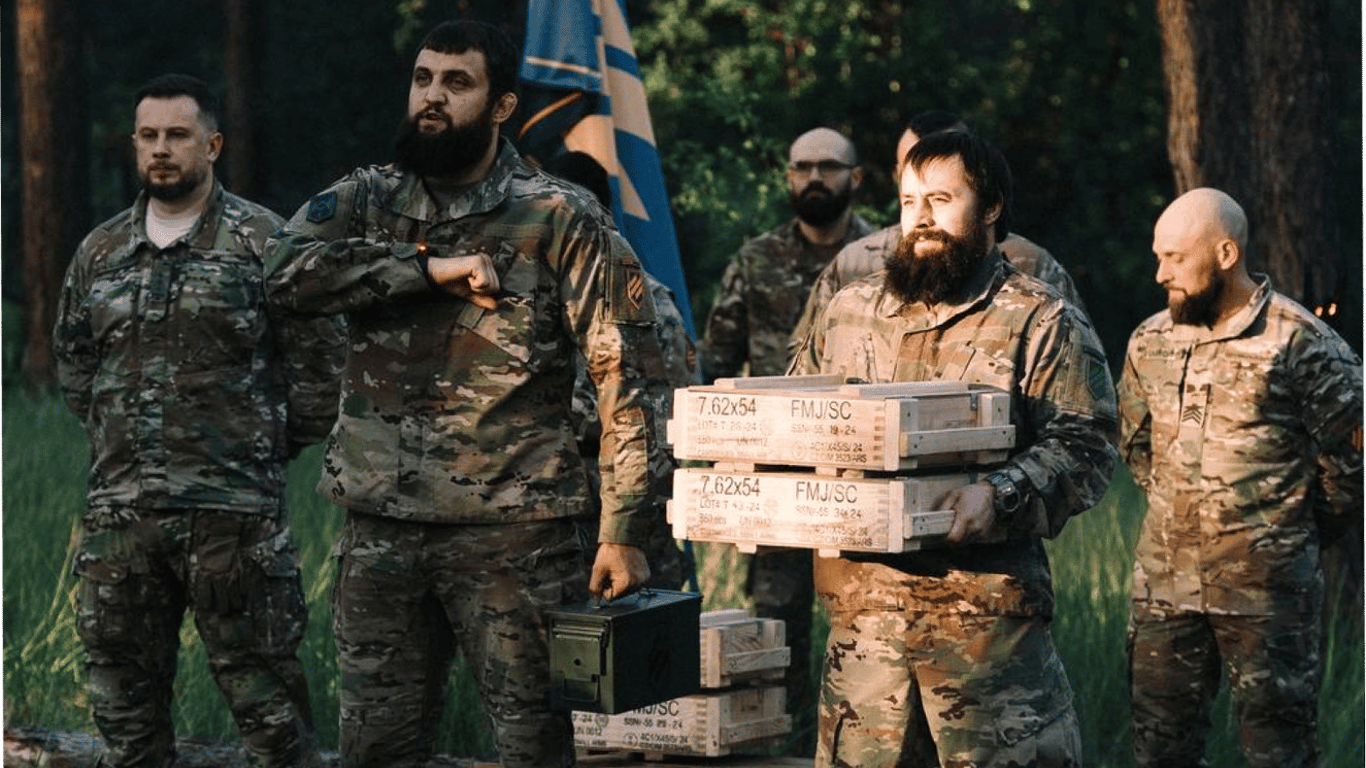Stoltenberg recalled key events on the eve of Putin's invasion of Ukraine.

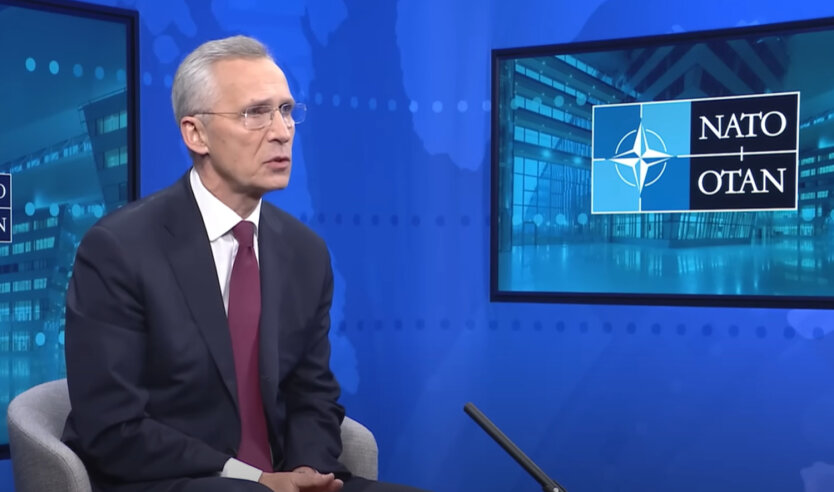
Former NATO Secretary General Jens Stoltenberg spoke about the beginning of the full-scale Russian invasion of Ukraine and his relations with Ukrainian President Volodymyr Zelenskyy.
He said this in an interview with The Financial Times newspaper.
Stoltenberg noted that he first realized the inevitability of a large-scale Russian invasion of Ukraine in the fall of 2021, approximately a month before the US released intelligence data on a significant buildup of Russian troops near the Ukrainian borders. However, some allies, particularly French President Emmanuel Macron and German Chancellor Olaf Scholz, at that Time still doubted the reality of such a threat.
The former NATO Secretary General explained that the disagreements were not in the intelligence data but in the interpretation of Putin's intentions. He emphasized to allies the need to be prepared for any scenario, regardless of the assessment of the likelihood of invasion.
When Russian troops began their advance, NATO predicted a quick fall of Kyiv. However, the Ukrainian capital stood firm, which Stoltenberg called a decisive moment. He suggested that if Kyiv had fallen and the Russians had managed to capture President Zelenskyy, the war might have developed quite differently.
Stoltenberg also shared memories of his first meeting with Zelenskyy in June 2019. At that time, he did not expect the future president to become a wartime leader.
"I underestimated him. He seemed inexperienced, asking the simplest questions," the former Secretary General admitted.
He also talked about a difficult conversation with Zelenskyy at the beginning of the invasion, when a request to close the sky over Ukraine was discussed, which NATO could not fulfill. Stoltenberg emphasized that the Alliance adhered to a strategy of supporting Ukraine without direct involvement in the conflict.
The Financial Times notes that balancing between supporting Ukraine and avoiding direct involvement in the war remains a challenging task for NATO. Despite significant losses of Ukrainian troops, the Alliance continues to limit its involvement to training Ukrainian soldiers and supplying weapons, not sending its own troops to the front.
In addition, Stoltenberg admitted that he considers NATO's support at the beginning of the RF's war against Ukraine to be insufficient.
Read also
- Germany is reviewing the rules for obtaining citizenship and accepting refugees
- The Budget Committee of the Bundestag approved a package of aid to Ukraine amounting to 11.3 billion euros
